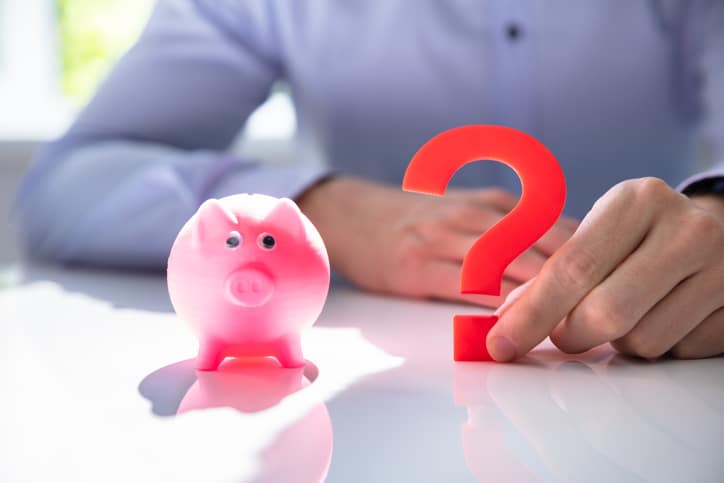
If you have done any type of online shopping, you will most likely have had to input your credit card’s CVV. The CVV is the three digits on the back of your card (four on the front if you have an American Express (NYSE:AXP) card), which act as an anti-fraud measure.
But what does CVV really mean, does it go by another name and is it safe to give out over the phone?
What is a credit card CVV? CVV stands for a card verification value. It can also be called a card verification code (CVC) or card identification number (CID). It is the anti-fraud measure for when purchases are made without the card being presented, for example online or over the phone. It is the way that the retailer can ascertain that you have the physical card and are therefore authorised to make the purchase.
If you want to get technical, it is a Secure Socket Layer (SSL), which is a digitally provided certification process. The CVV was introduced in order to reduce fraud for internet transactions and provides a cryptographic check of the card’s information. This means that the CVV is not part of the card number itself; instead it is separate.
How do I find my CVV? For cards provided by Visa (NYSE:V) and Mastercard (NYSE:MA), the CVV is on the back of the card. However, you may be fooled by the fact that there are more than just three numbers on the back of your card. This is because providers typically include the last four digits of your 16-digit account number, followed by the CVV.
Of course, American Express often dances to the beat of its own drum. So if you happen to be an American Express cardholder then you will find the CVV on the front of the card, and it will be a four-digit number instead of three.
Is it safe to give out my CVV? Most of the time, yes – it it safe to give your CVV. As I mentioned, the CVV acts as an anti-fraud measure. So if you are required to input your CVV when making an online purchase, this is a good sign that the retailer takes fraudulent transactions seriously. You may also be asked for your CVV when making a purchase over the phone. If this is the case, make sure you are not in a crowded place. While it is unlikely, there is always a small chance that your conversation could be overheard and your information recorded.
If you are making a purchase in person, you do not need to give out your CVV; your PIN or signature is enough for the retailer or service provider to process the transaction.
If you lose your card or have it stolen, make sure you cancel it immediately. If someone has your physical card, and therefore also your CVV, there isn’t much to stop them making online purchases.
Verdict Overall, a CVV is a good thing. The CVV adds an extra layer of security to online purchases, verifying that the user has the card at the time of the transaction. As with anything to do with credit cards, there is a risk of fraud – but using your CVV means there is a check when you are performing a ‘card not present’ transaction. The CVV provides a second number that fraudsters would have to steal in order to use your card without your authorisation.
As always, if you are concerned with making purchases online or over the phone using your credit card, monitor your account closely so that you can spot any fraudulent transactions. Similarly, some providers or credit rating agencies set up notifications to alert you when they suspect that your card has been used without your authorisation.
MyWalletHero, Fool and The Motley Fool are all trading names of The Motley Fool Ltd. The Motley Fool Ltd is an appointed representative of Richdale Brokers & Financial Services Ltd who are authorised and regulated by the FCA, and we are permitted in this capacity to act as a credit-broker, not a lender, for consumer credit products (our FRN is 422737). The Motley Fool Ltd does not have permissions for, and does not advise on, investment products and services, but may provide information on investment products and services.
The Motley Fool receives compensation from some advertisers who provide products and services that may be covered by our editorial team. It’s one way we make money. But know that our editorial integrity and transparency matters most and our ratings aren’t influenced by compensation. The statements above are The Motley Fool’s alone and have not been provided or endorsed by bank advertisers. The Motley Fool has recommended shares in Lloyds (LON:LLOY), Tesco (LON:TSCO) and Barclays (LON:BARC).
Motley Fool UK 2019